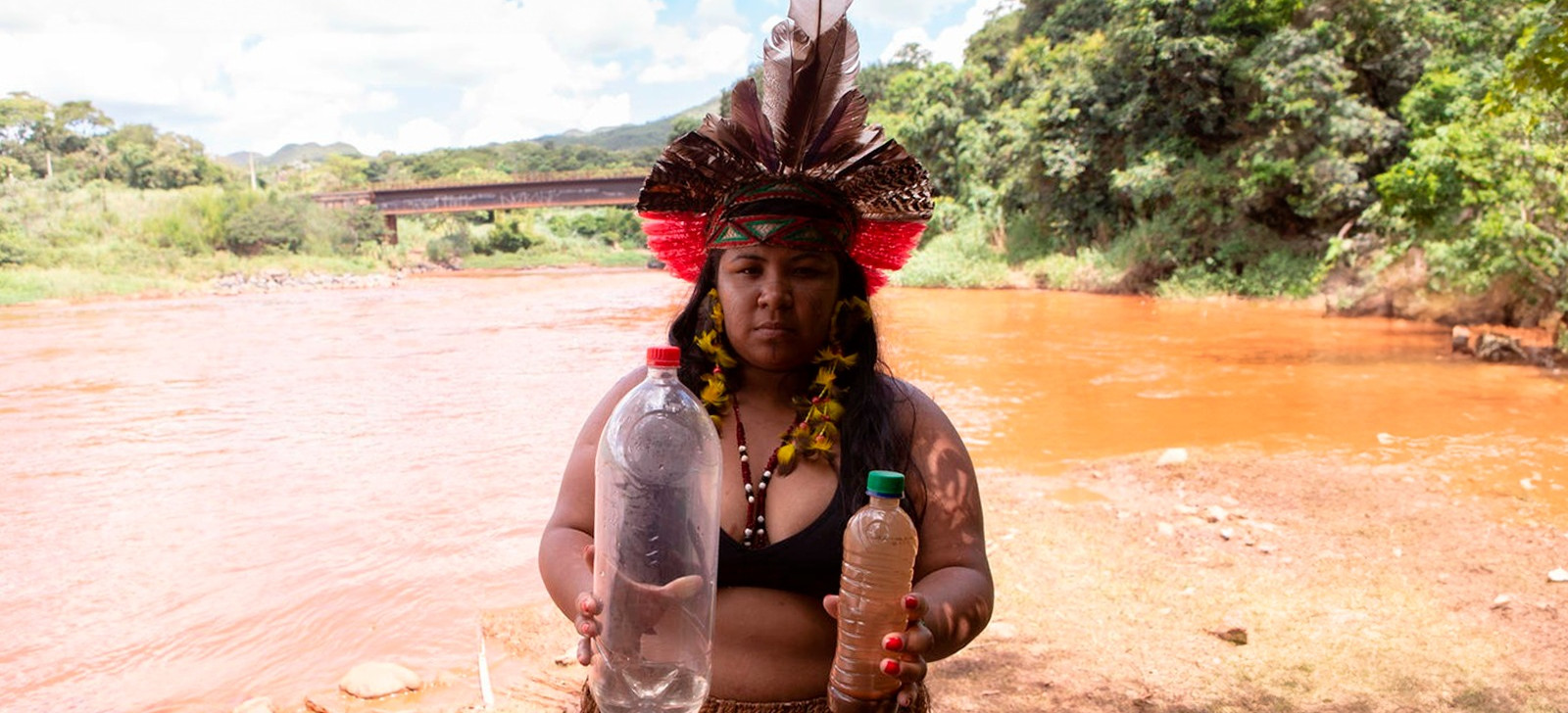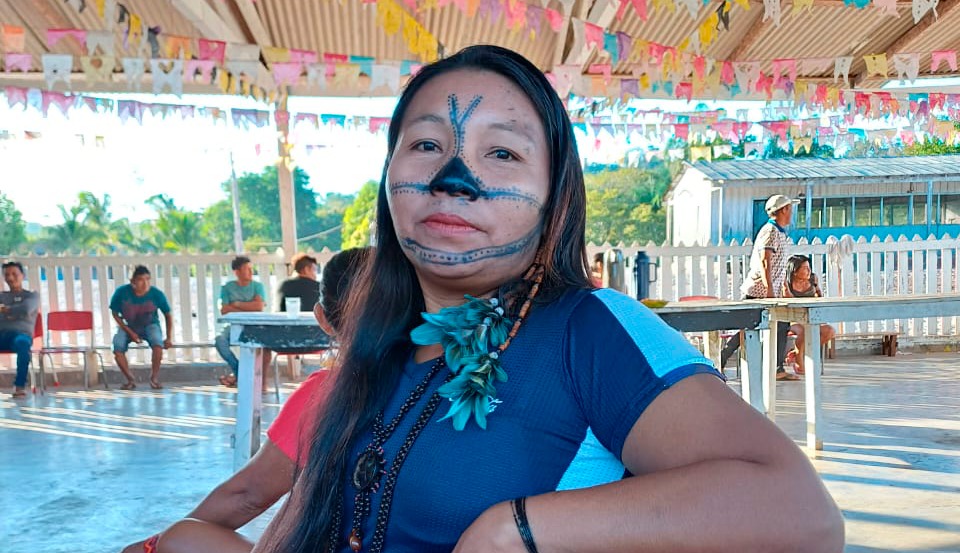Court orders Federal Government to provide clean water to Indigenous Peoples in Pará
04 de May de 2025

By Fabyo Cruz – From Cenarium
BELÉM (PA) – On April 30, the Federal Court ordered the federal government to begin supplying clean water regularly to Indigenous communities located in the municipalities of Itaituba, Jacareacanga, Aveiro, Novo Progresso, and Trairão, in Southwest Pará. The preliminary ruling grants a request by the Federal Prosecutor’s Office (MPF), in light of the worsening living conditions in the villages caused by drought, the spread of illegal mining, and inadequate public water supply services.
The so-called “Amazonian Summer” – the period from July to November marked by a lack of rain and intense heat in the Amazon region – is a growing concern for Indigenous leaders such as Ediene Kirixi, coordinator of the Wakoborun Munduruku Women’s Association. “Last year, it was precarious. In an emergency, the association managed to drill 12 water wells with its own resources, but many villages are still in a difficult situation. The Tapajós River is dropping, leaking, and the streams in the villages are also drying up. That’s why our concern increases with the arrival of July, August, and September,” she told CENARIUM.

According to the ruling, the federal government, through the Tapajós Special Indigenous Sanitary District (DSEI), will have 20 days from official notification to begin supplying clean water. Distribution must occur monthly, by the 10th of each month, through water trucks, jugs, or other appropriate means. In case of non-compliance, the government may be fined up to R$100,000.
The court’s decision took into account reports from the Indigenous Health Secretariat (Sesai), part of the Ministry of Health (MS), which acknowledge the risks to health, hygiene, and food security in the communities due to the water shortage. Despite the severity of the situation, the federal government has not yet presented emergency solutions.
Read the decision:
The historic drought affecting the Amazon has intensified the hardship faced by Indigenous peoples. With a drastic drop in river levels and water contamination from mercury – a byproduct of illegal mining – entire villages have been forced to rely on polluted streams to meet basic needs. A study cited by the MPF found mercury in 87.5% of hair samples from residents of the Sawré Aboy village. Exposure to the heavy metal, mainly through consumption of contaminated fish, can cause severe neurological, motor, and cognitive problems – especially in children.
The situation also reflects the budgetary dismantling of public policies aimed at Indigenous peoples. According to a technical report by the MPF, from 2014 to 2024, the Tapajós DSEI experienced a real 87% reduction in per capita investment. Current projections indicate that, at the current pace, it would take up to 21 years to implement permanent water supply systems in all villages.

Although the DSEI presented a plan to install water supply systems by 2027, the court considered the measure insufficient to guarantee the fundamental rights of the communities. The ruling emphasizes the need to ensure immediate access to clean water, considering the worsening water and sanitation crisis.
The report requested a statement from the Ministry of Health. The agency responded that it is mobilizing its technical department and requested more time to answer the inquiries. CENARIUM remains available to update the information.

